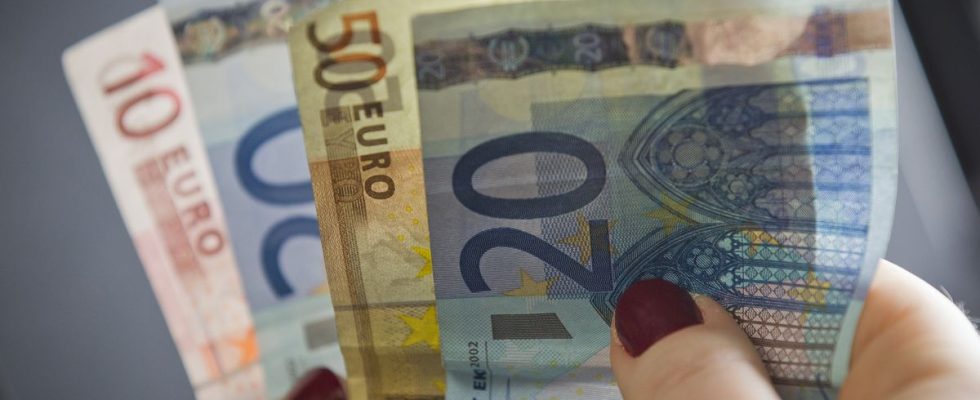Maybe you have the rare pearl that will make you rich in your wallet? According to social networks, your 20 euro banknotes can be worth 50, your 50 banknotes would bring you 500, or even your 2 euro coins up to 100… So why not proceed with the sale with this famous collector who contacted you on the networks? And thus make an unexpected profit. Well because there is every chance that it is a scam.
Many readers have approached us with questions about their banknotes and coins that have suddenly increased in value. Publications to this effect are frequent, especially on Facebook. “If you have one of these notes, you will become rich”, is called for example one of them. Obviously, it is impossible to go to the supermarket with a 20 euro note, and say that you can pay for your 200 euro shopping with it. If this little treasure is worth more than the sum that is written on the front, it is only for collectors.
Rarity is value for the collector
There would be several criteria which make it possible to identify the value of a ticket. Each time, the watchword is: rarity. “The fewer there are, the more interesting it is for us,” explains Jean-Pierre, 65, a collector of coins of all kinds. “It is still the old banknotes that arouse the most interest. But on my side, I am already starting my collection for the euros currently in circulation, before they are worth too much”, underlines the one who has more than 500 coins of different currencies in the windows of his office.
But then what are the criteria of rarity? The numbers and letters corresponding to the issuing country, the number of the printing plate, and the signature of the director or director at the time are taken into account. “For example, those signed by Wim Duisenberg or Jean-Claude Trichet can pay off big, since they are increasingly rare”, specifies Jean-Pierre. As for the serial number of a ticket, “if each number is identical, it is the jackpot for a collector”, he adds. But in reality, no institution sets scales for the value of currencies. It is at the discretion of buyers and all those who call themselves experts, which gives pride of place to scams.
“A 20 euro note is worth 20 euros »
“Unfortunately, there are a lot of unscrupulous people who just want to scam those who fall into the trap,” warns the collector. In several cases, after being contacted on social networks, and having sent the ticket considered to be exceptional, the buyer disappears without paying the money. And to add: “It is important not to rely on people on the Internet, on forums or on Ebay. Because the scam also works in the opposite direction. An ordinary Frenchman decides to give in to an enticing offer: “This 50 euro note is actually worth 500. Today I am giving you the gift of selling it for only 200 euros. Lack of luck, this 50 note is worth… always 50.
“Lately we have received many requests to appraise 2 euro coins,” says Rafael, who has worked in a currency exchange office in the 8th arrondissement of Paris for 30 years now. “A few years ago we never had this type of request, but with social networks, everyone believes in everything they read. Because as he points out, anyone can judge the value of a note and define its rarity.
The expert also explains that customers find it very difficult to trust them. They believe that the exchange offices are lying to them and that “their coin is really worth 200, 300 euros”. It is therefore advisable to always be careful with these offers that are too good to be true. If collectors are really looking for rarity and are ready to pay a high price, scams remain largely in the majority. “A 20 euro note is worth 20 euros. If a person manages to buy it back for 2 euros, it’s because he’s stolen someone…”, concludes Rafael.

